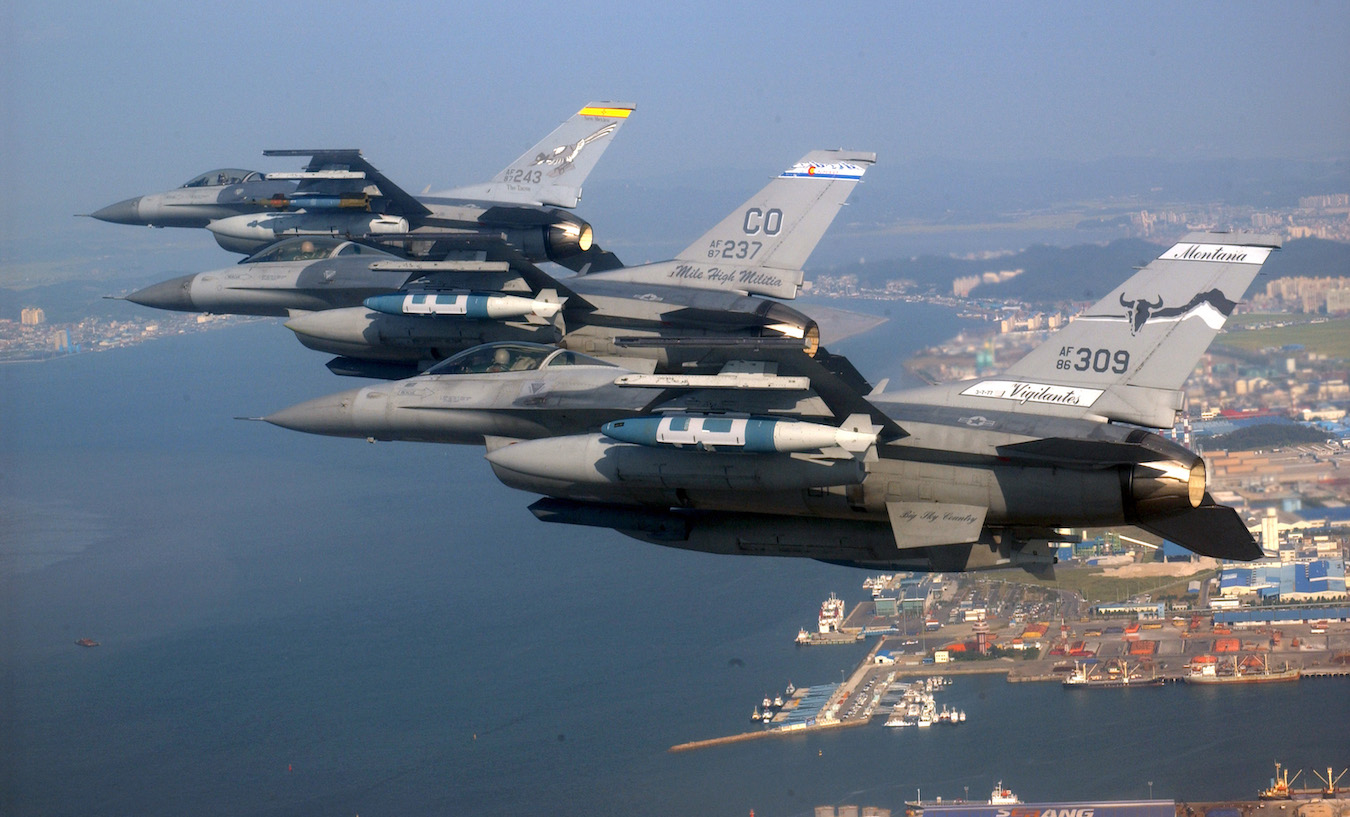by Brian Hioe
語言:
English
Photo Credit: ZomBear/WikiCommons/CC
ECONOMIC EFFECTS on Taiwan have been observed since the invasion of Ukraine by Russia. This may be significant to note going forward.
Some effects are global in nature, with disruption to natural gas supply globally due to the blockade of Russia by western countries, and Russia aiming to use exports of the world’s natural gas supply that come from Russia as leverage on western countries that have sanctioned Russia for its actions.
However, Tsai administration officials have largely reassured of Taiwan’s natural gas supply, seeing as only 10% of Taiwan’s natural gas supply was from Russia last year. The possibility of geopolitical disruptions leading to shortages may increase priority on the construction of a liquified natural gas terminal off the coast of Taoyuan, as is the case with western European countries affected by shortages due to Russia.
 People in metro station during the Russian invasion of Kyiv. Photo credit: WikiCommons/CC
People in metro station during the Russian invasion of Kyiv. Photo credit: WikiCommons/CC
With the possibility of a sharp uptick in oil prices, Taiwan will also be affected. This may be unavoidable, as oil companies such as BP, Exxon, and Shell have announced that they will be exiting Russia, and the US announcing a ban on Russian oil. Russia has also sought to use oil as a way to pressure western countries at odds with it over the invasion.
Indeed, in the past days, shares in Taiwan have taken a hit, over concern that US and western sanctions on Russian energy imports will drive up global inflation. Yesterday, Taiex was down 353.44 points, or 2.06 percent.
Taiwan’s semiconductor manufacturing capacity is also likely to take a hit. As Taiwanese analysts were quick to note shortly after the invasion, 50% of the neon needed by the global semiconductor industry comes from Ukraine, including 90% of that used by the US. Likewise, 40% of the global krypton supply comes from Ukraine. Russia and Ukraine are significant global suppliers of gasses and precious metals including argon, helium, krypton, neon, nickel, palladium, platinum, and xenon.
Taiwan places a great priority on maintaining its ascendant position in global semiconductor manufacturing in order to incentivize other countries to defend it. This also proves a deterrent against a Chinese invasion, in that China, too, is dependent on Taiwanese semiconductors.
But, even as Taiwan’s semiconductor manufacturing industry will suffer the effects of the Ukraine crisis, the effects of a shortage will be globally felt. This will affect Taiwan, China, the US, Russia, and Ukraine alike, with semiconductors used in everything from electronic vehicles to the advanced missile systems used by Russia. Reportedly, Taiwanese semiconductors are even used in China’s missiles pointed at Taiwan, though the Taiwanese government has denied this.
Taiwan is among the countries that Russia has listed as having taken hostile actions against it, something that prompted some joking in Taiwan regarding the fact that Taiwan was listed as a “country.” The Tsai administration has also stated that this is not likely to affect Taiwan. Moscow’s representative office is still conducting services normally and assisting with the evacuation of Taiwanese from Ukraine. Russia constitutes less than 1% of Taiwan’s overall foreign trade, though it is the ninth-largest market for machine parts.
Either way, investor confidence in Taiwan has been strongly affected with the Ukraine crisis, perhaps due to overblown fears globally of a Chinese invasion. An invasion could not happen without significant advance notice, due to satellite imagery of troops massing on the coasts of China, yet there has still been global discussion of Chinese invasion as though it were imminent. As such, there has been an unprecedented sell-off of stocks by foreign investors in Taiwan.
 Photo credit: US Air Force/Public Domain
Photo credit: US Air Force/Public Domain
Questions have been raised regarding the realignment of US arms sales globally in response to the Ukraine crisis, with the US backing Ukraine but not hoping to maintain tensions below the level of a war with Russia. Although Poland, which is also assisting Ukraine, has stated willingness to transfer its MiG fighters to the US, as Ukrainian pilots are more familiar flying MiGs. It hopes to receive F-16s in return due to the need of warding off future Russian threats. However, due to apparent lack of coordination and Poland prematurely announcing this decision, the US currently states that it is not interested in this move, perhaps viewing a transfer in materiel as too provocative of Russia.
Either way, as the US’ current plans are to deliver F-16s to Taiwan in a time of increasing Chinese air incursions directed at Taiwan, there have been questions raised about whether a possible realignment of US arms in circulation globally could affect Taiwan’s security needs. For its part, the Tsai administration has stated that it does not expect Taiwan’s F-16 supply to be affected by the Ukraine crisis, and the US also disavows this.
In the meantime, there has been discussion in Taiwan of increasing the amount of time that reserves have to return for training. Likewise, the NPP has come out with a stance in favor of returning the military draft to a year, as the first political party in the legislature to do so. It is to be seen, however, as to whether these notions gain traction in Taiwan.

